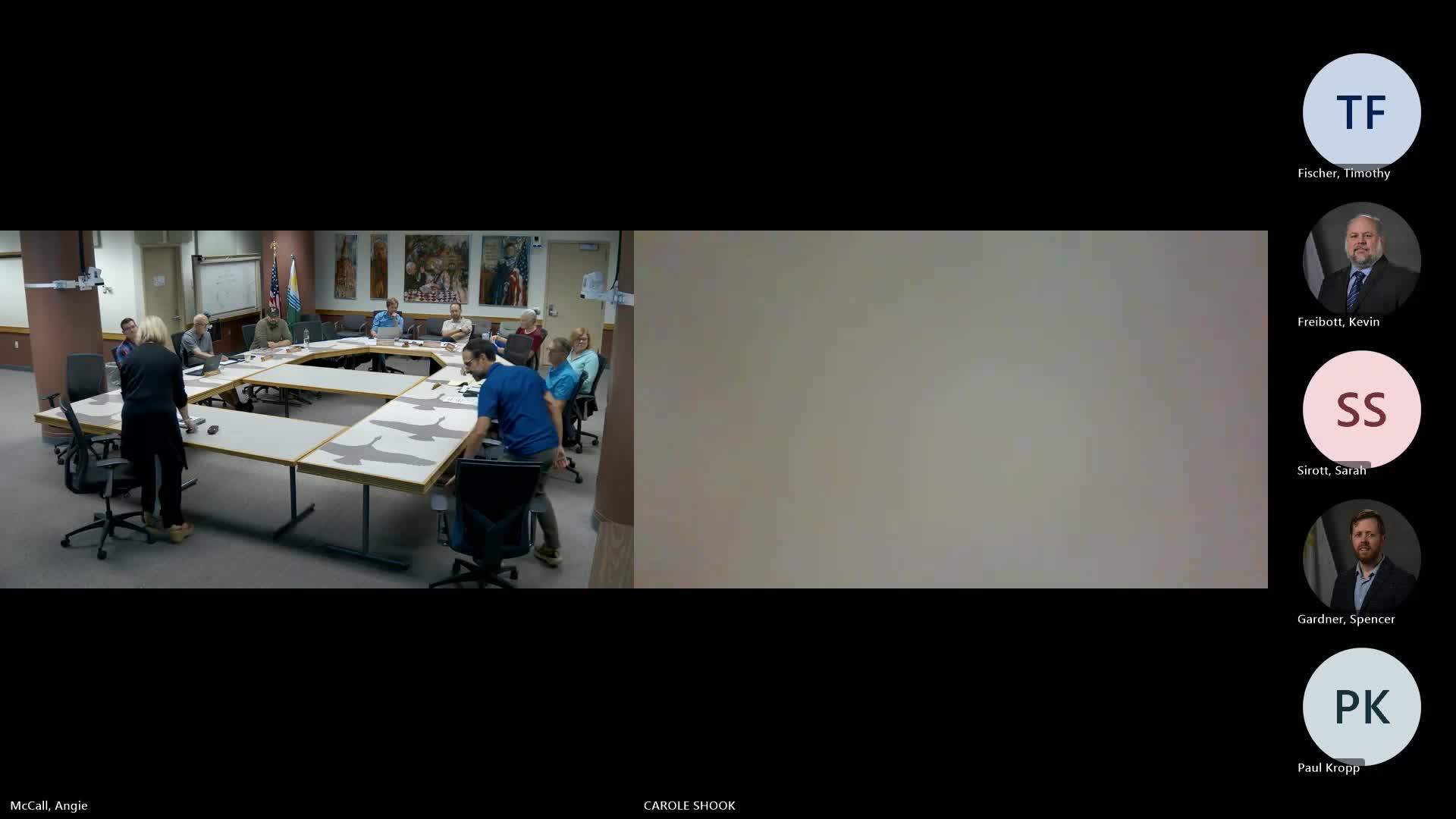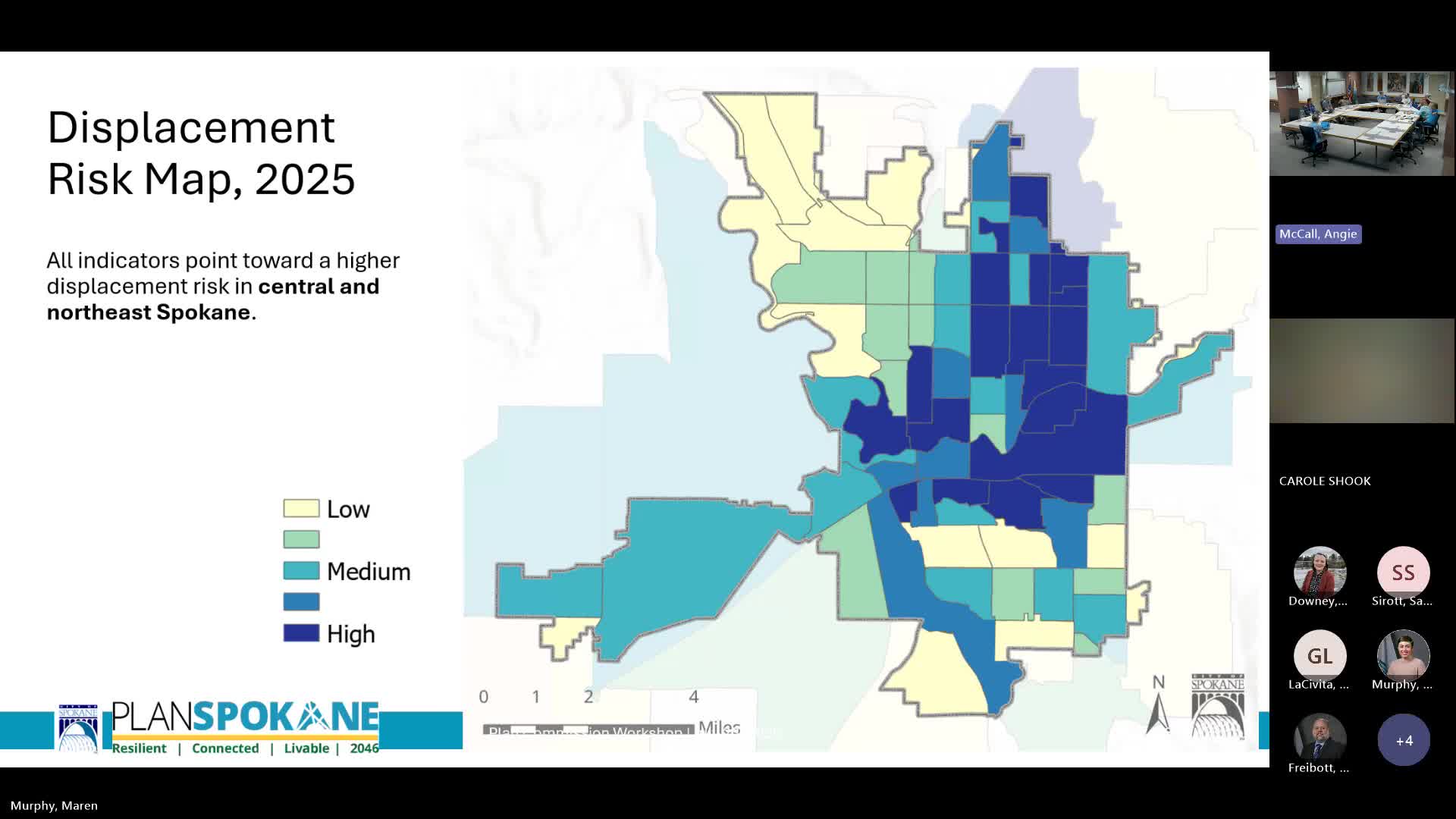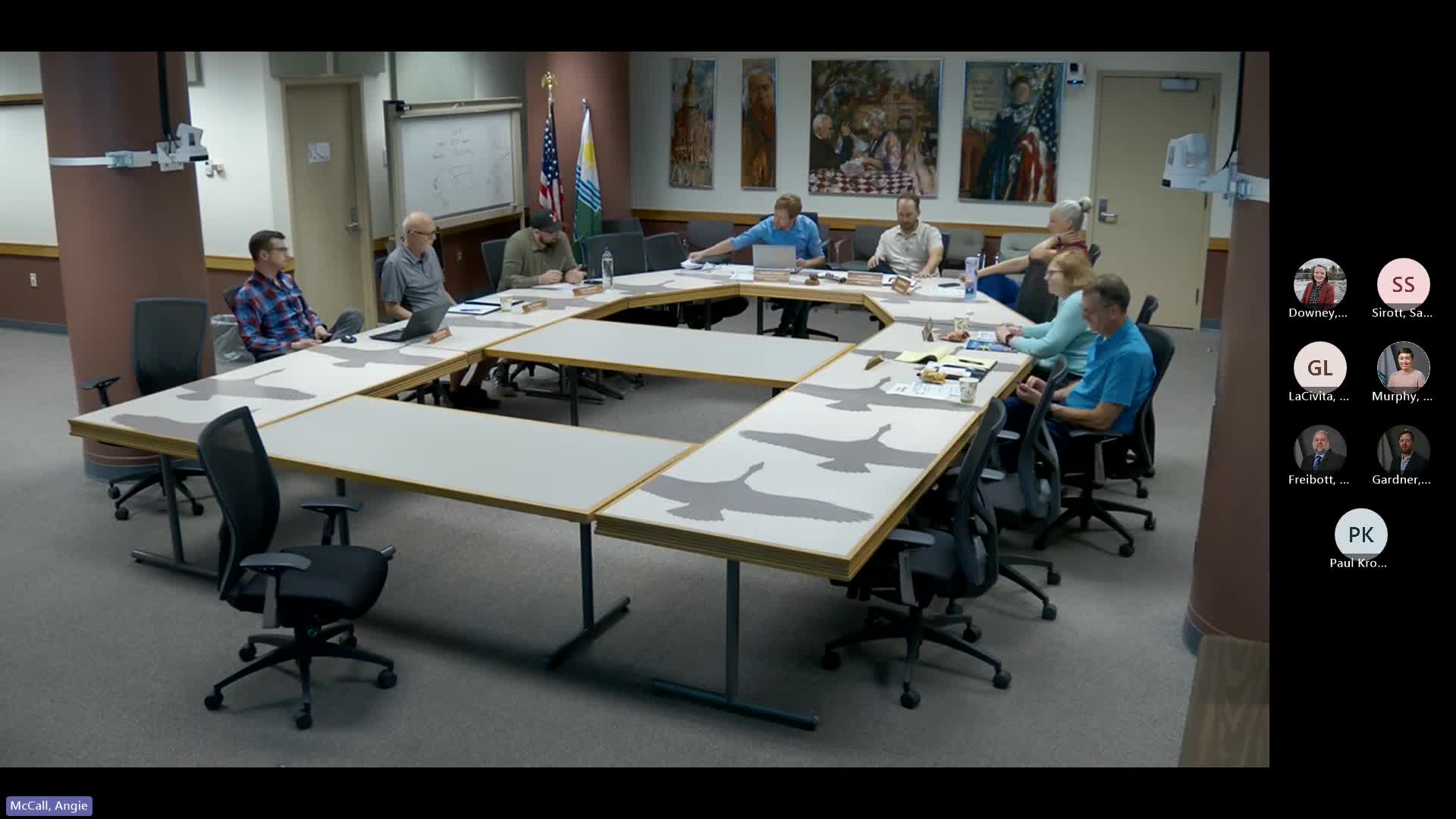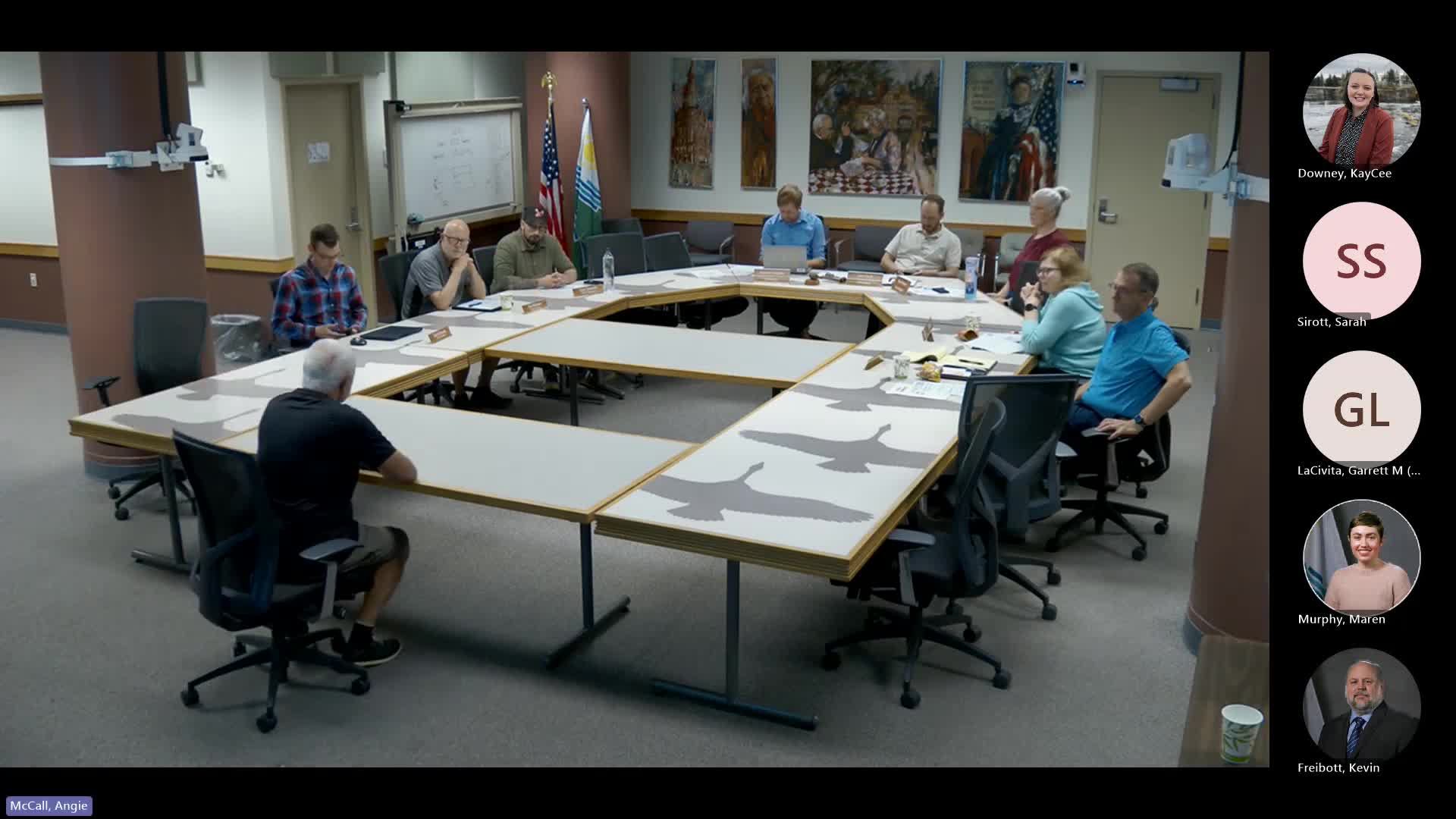Article not found
This article is no longer available. But don't worry—we've gathered other articles that discuss the same topic.

Mayor’s office and Plan Commission discuss phasing out billboards, consider amortization approach

Plan Commission advances Cannon Hill Park Addition historic‑district nomination to public hearing after ballots show majority support

City staff brief Plan Commission on racially disparate impacts, presents displacement‑risk map

